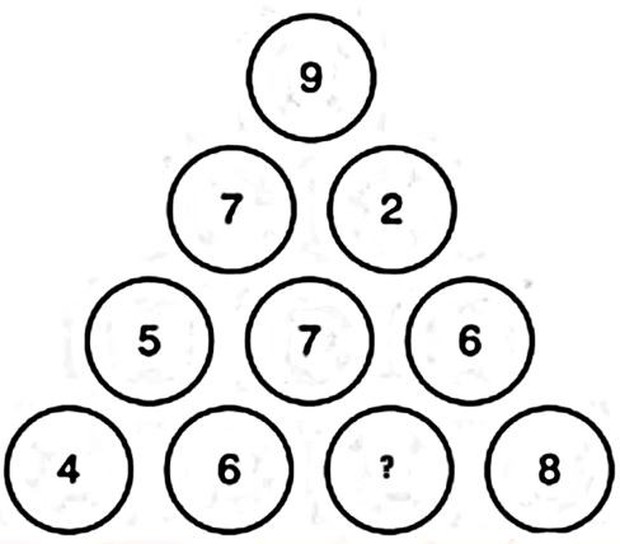
Hãy nhập câu hỏi của bạn vào đây, nếu là tài khoản VIP, bạn sẽ được ưu tiên trả lời.


( 2x - 6 ) ( x - 5 ) = ( 2x - 6 ) ( 2x - 4 )
<=> ( 2x - 6 ) ( x - 5 ) - ( 2x - 6 ) ( 2x - 4 ) = 0
<=> ( 2x - 6 ) ( x - 5 - 2x + 4 ) = 0
<=> ( 2x - 6 ) ( - x - - ) = 0
<=> \(\orbr{\begin{cases}2x-6=0\\-x-1=0\end{cases}}\)<=>\(\orbr{\begin{cases}x=3\\x=-1\end{cases}}\)
( 2x - 6) . ( x - 5) = ( 2x - 6) . ( 2x-4 )
x = 3
x = -1
chúc bạn học tốt

Ta có : \(\Delta ABC~\Delta A'B'C'\)theo tỉ số đồng dạng \(\frac{2}{5}\)
mà tỉ số diện tích bằng bình phương tỉ số đồng dạng = \(\left(\frac{2}{5}\right)^2=\frac{4}{25}\)
<=> \(\frac{S_{\Delta ABC}}{S_{\Delta A'B'C'}}=\frac{4}{25}\Rightarrow\frac{180}{S_{\Delta A'B'C'}}=\frac{4}{25}\)
<=>180.25=\(S_{\Delta A'B'C'}\).4
<=>4500=\(S_{\Delta A'B'C'}\).4
<=>\(S_{\Delta A'B'C'}\)=1125(cm2)

Ta có:
\(x-3=-2x\Leftrightarrow3x=3\Leftrightarrow x=1\)
\(x-x-12=0\Leftrightarrow0x=12\left(\text{Vô lý}\right)\)
Vậy không có nghiệm chung của phương trình
Trả lời:
\(x^2-3=-2x\)
\(\Leftrightarrow x^2+2x-3=0\)
\(\Leftrightarrow x^2+3x-x-3=0\)
\(\Leftrightarrow\left(x^2+3x\right)-\left(x+3\right)=0\)
\(\Leftrightarrow x\left(x+3\right)+\left(x+3\right)=0\)
\(\Leftrightarrow\left(x+3\right)\left(x+1\right)=0\)
\(\Leftrightarrow\orbr{\begin{cases}x+3=0\\x+1=0\end{cases}\Leftrightarrow\orbr{\begin{cases}x=-3\\x=-1\end{cases}}}\)
Vậy x = - 3; x = - 1 là nghiệm của pt.
\(x^2-x-12=0\)
\(\Leftrightarrow x^2-4x+3x-12=0\)
\(\Leftrightarrow\left(x^2-4x\right)+\left(3x-12\right)=0\)
\(\Leftrightarrow x\left(x-4\right)+3\left(x-4\right)=0\)
\(\Leftrightarrow\left(x-4\right)\left(x+3\right)=0\)
\(\Leftrightarrow\orbr{\begin{cases}x-4=0\\x+3=0\end{cases}\Leftrightarrow\orbr{\begin{cases}x=4\\x=-3\end{cases}}}\)
Vậy x = 4; x = - 3 là nghiệm của pt.
=> Nghiệm chung của 2 phương trình trên là : x = - 3

n( 3n - 2 ) - 3n( n + 2 )
= 3n2 - 2n - 3n2 - 6n
= -8n luôn chia hết cho ±1 ; ±2 ; ±4 ; ±8

 ABC đồng dạng với
ABC đồng dạng với  và diện tích
và diện tích
số 3 em ko chắc
TL:
5 nhé
@@@@@@@@
HT